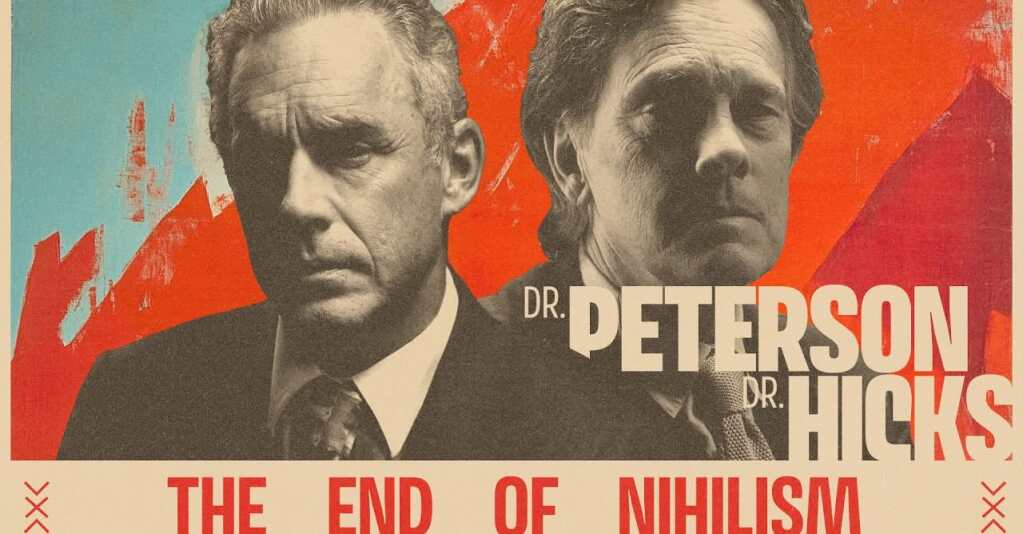Thankful
On this day, I am thankful in a way that history puts in perspective. Three quotations: From William Manchester, A World Lit Only By Fire, on life in medieval Europe: “Because most peasants lived and died without leaving their birthplace, there was seldom need for any tag beyond One-Eye, or Roussie (Redhead), or Bionda (Blondie), […]
